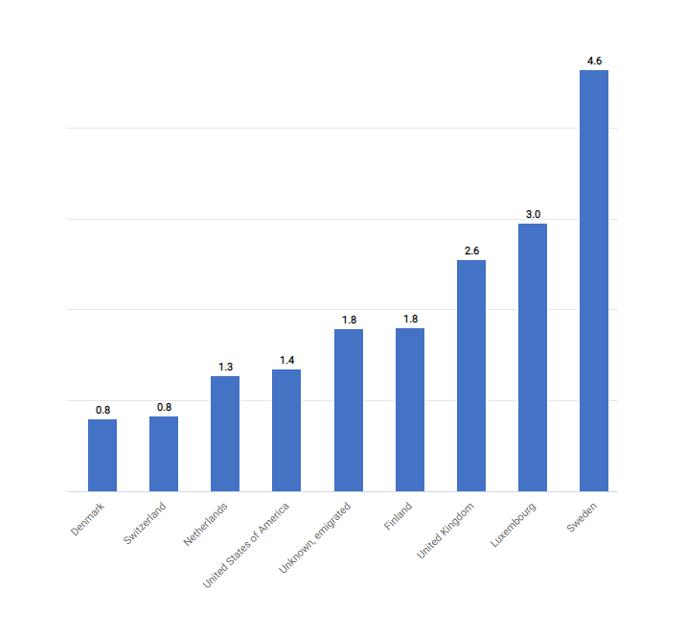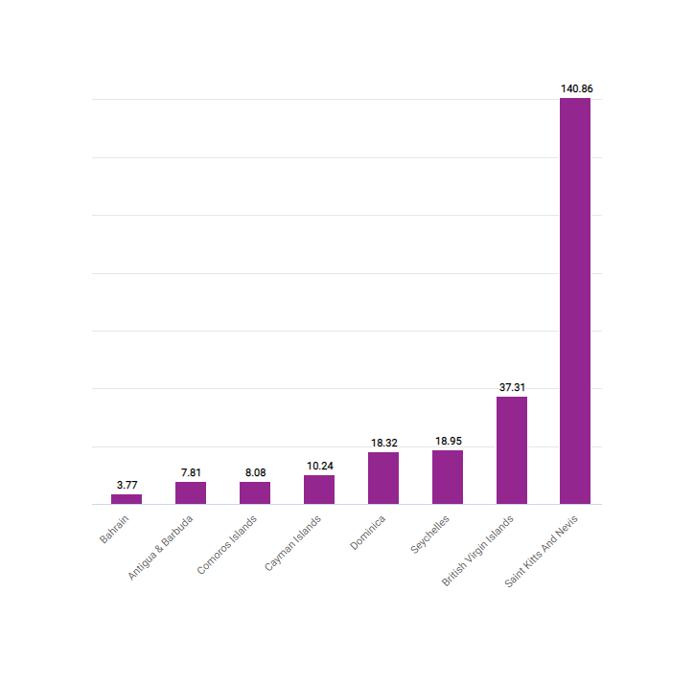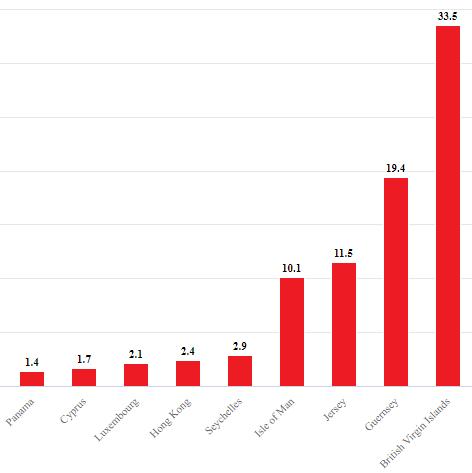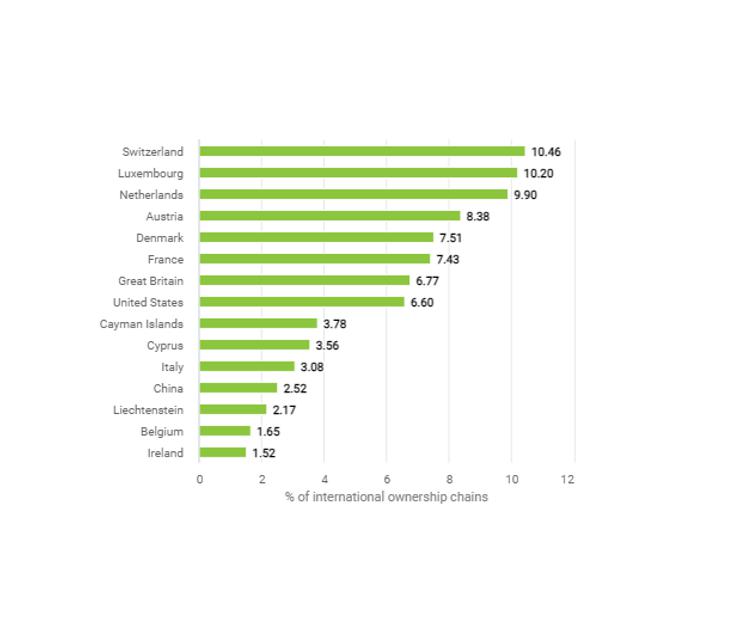Hidden in plain sight: Offshore ownership of Norwegian real estate
Straw purchase or safe haven? The hidden perils of illicit wealth in property markets
Real estate markets are highly vulnerable to inflows of illicit wealth, and Singapore is one of the largest financial secrecy jurisdictions in the world. To study the influence of illicit wealth on the Singaporean housing market, this paper focuses on one data leak, the Panama Papers. Specifically, the authors analyzed private property transactions of Panama-linked buyers (officers or clients of the offshore companies named in the Panama Papers) in Singapore from 1995 to 2018. In total, 2,331 transactions were linked to individuals named in the offshore leak, representing approximately 0.5% of the transactions.
The authors estimate that, on average, illicit funds in the housing market are valued at SGD 4.27 billion per year for the period before 2012 and SGD 2.40 billion after, totaling SGD 89.38 billion (5.24% of total transaction volume).
The paper also demonstrates that the introduction of two policies aimed at reducing the amount of illicit wealth in the real estate market led to a decrease in property prices paid by Panama-linked individuals. After the cross-border cash movement policy was imposed in 2007, prices decreased by 5.5%, and after the new Estate Agents Regulations were implemented in 2010, they decreased by 2.7%.
Furthermore, property buyers linked to offshore financial secrecy pay a premium of 3.8% in their property purchases. The authors also found positive spillover effects of Panama-linked property purchases in driving up property prices by 5.1% to 7.3%.
Lastly, the fact that over a third (35.4%) of Panama-linked local buyers are first-time buyers of private property who previously lived in subsidized public housing, and thus have lower purchasing power, suggests that locals are being exploited as straw buyers to purchase properties on behalf of third parties.
Key results
- The aggregate estimate of illicit wealth transactions in Singapore’s housing market amounts to SGD 3.72 billion per year on average (5.24% of total transaction volume from 1995 to 2018).
- Panama-linked property buyers pay a premium on their purchases and drive up property prices by 5.1% to 7.3%.
- Evidence suggests that locals are being exploited as straw buyers to purchase properties on behalf of third parties.
Data
Agarwal et al. used data from 444,384 private property transactions in Singapore from 1995 to 2018. The used database is called URA’s Real Estate Information System (REALIS). Of the 100,081 transactions that contained details about the buyers, 2,331 transactions in which the buyers were individuals implicated by name in the Panama Papers were identified.
Methodology
The authors match private property transaction data, which contains the names and nationalities of the buyers, with information about the individuals responsible for the operation of the offshore entities implicated in the Panama Papers. Additionally, they test the effects of illicit wealth on the Singaporean housing market based on several regression models.
Go the original article
The working paper can be downloaded from the SSRN website.
This might also interest you
Who owns offshore real estate? Evidence from Dubai cross-border real estate investments
The effect of foreign investors on local housing markets: Evidence from the UK
The role of anonymous property owners in the German real estate market: First results of a systematic data analysis



